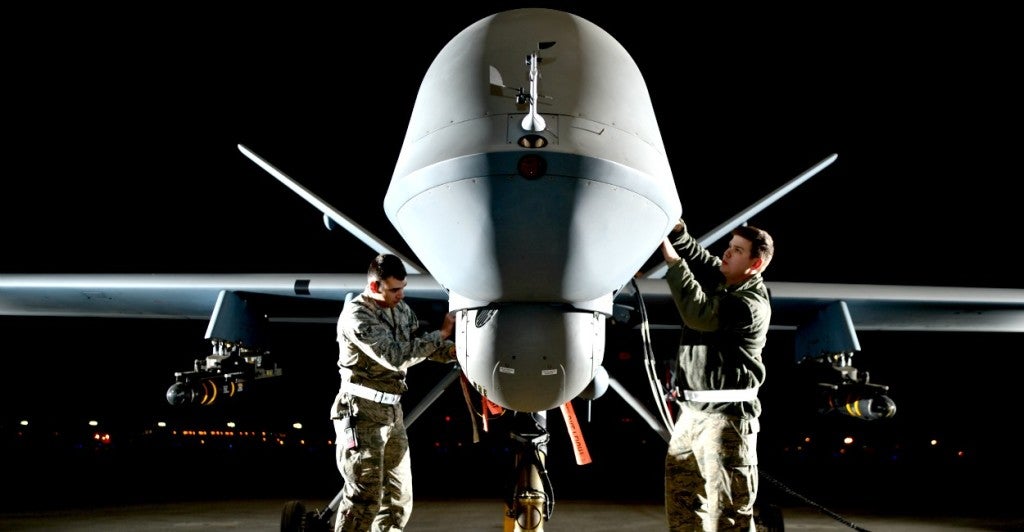Silicon Valley has become synonymous with innovation and progress and is home to the some of the world’s largest technological giants of the modern age.
Silicon Valley and the Department of Defense have a rich history going back to after World War II, when “The Father of Silicon Valley,” Frederick Terman, the dean of the School of Engineering at Stanford University in 1947, “funded half of the engineering programs budget with DoD funds.”
Unfortunately, this mutual relationship fractured during the Vietnam era. The relationship between the innovation in Silicon Valley and the national security organizations in Washington leaves much to be desired today.
Acquisition has been a problem for the Department of Defense, causing headaches and frustration to almost all who enter into its bureaucratic web, and many Silicon Valley companies logically shy away from the Department of Defense.
Sen. John McCain, R-Ariz., stated at an event at the Brookings Institution on Oct. 20:
Right now, there’s not a lot of interest in Silicon Valley in being engaged in acquisition with the military and with the Pentagon because they don’t see any benefit in getting involved in the labyrinth that is called defense acquisition.
Recently this question was discussed at a Heritage Foundation event. Raj Shah, who is a member of the Defense Innovation Unit Experimental (DIUx) and senior director of strategy for Palo Alto Networks, discussed the future of DIUx and its role in mending the “rift between the innovation in Silicon Valley and the Department of Defense.”
The DIUx, under the supervision of Secretary of Defense Ashton Carter, is an “incubator of innovation,” or a vehicle by which innovation in technology can make its way into the weapon systems utilized by the American warfighter.
DIUx hopes to reach out and educate entrepreneurs as to why they should work with the Department of Defense via a threefold mission:
- Strengthening existing relationships between the Department of Defense and Silicon Valley, while fostering new connections.
- Scouting for breakthrough and emerging technologies.
- Serving as a local point of presence for the Department of Defense in Silicon Valley.
While much must be done to reform defense acquisition and improve the Department of Defense’s ability to integrate innovative technology, Shah expressed optimism for DIUx and its future impact on national security.
When looking at defense acquisition reform, DIUx and programs like it may be one way to help bring the innovation of Silicon Valley to the Department of Defense and to the American warfighter on the battlefield.
The question now is, can the Department of Defense succeed in building meaningful partnerships with venture capital-backed technology firms in Silicon Valley?
